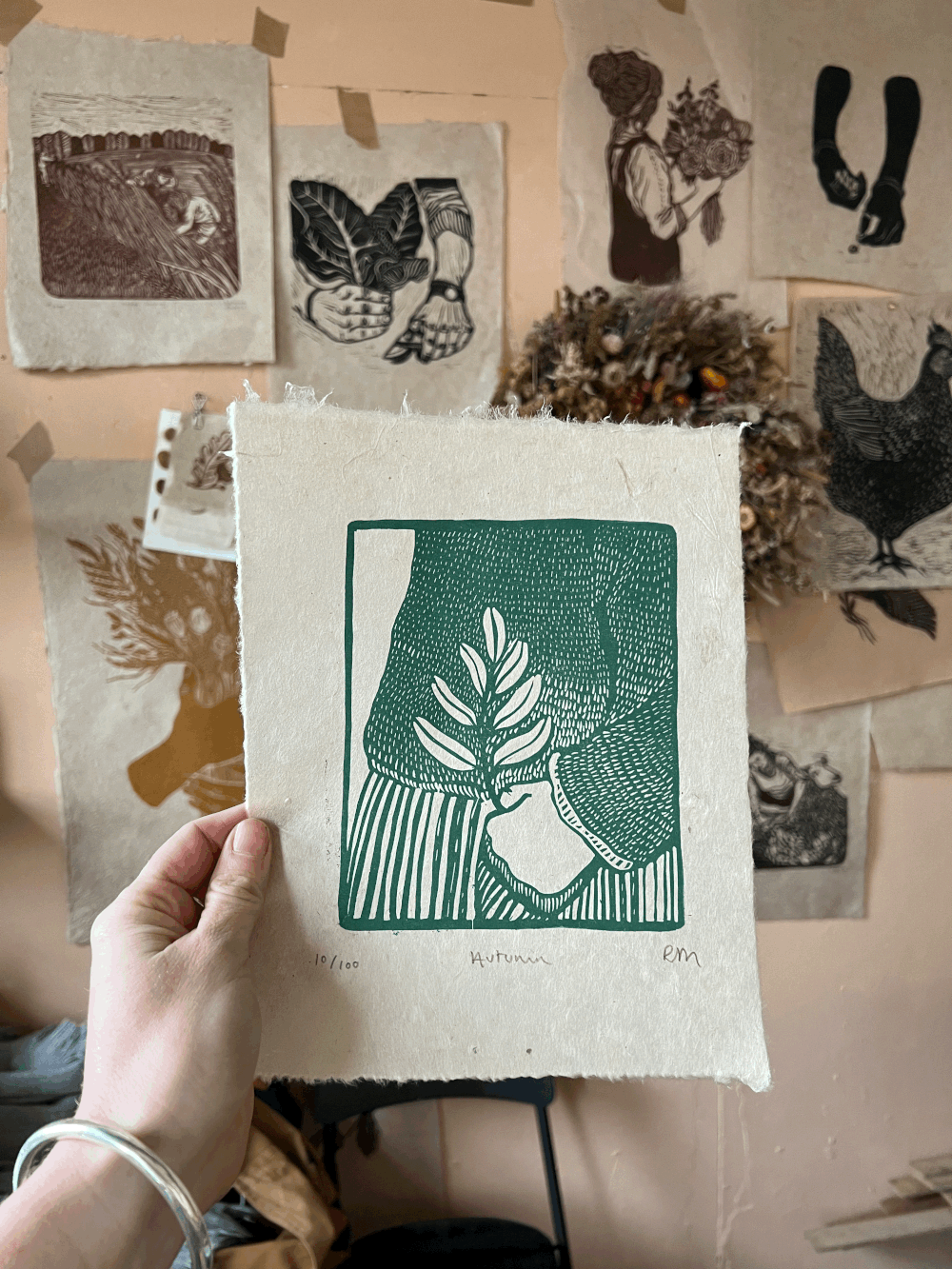Through my reflection and research I kept circling back to the same theme: intentional consumerism. Our capitalist societies around the world have conditioned us to look for the cheapest price point. What suffers, however, is quality and purpose. The item quickly breaks down or falls apart, and what we once wanted becomes another need to spend. My mother often gave me the advice while growing up, “do it right the first time”. As usual, she was right. By buying what may cost more, we gain years in the lifetime of a product. Greater lifetime of the product equals less waste for our wallets, households, and our planet. Here are some basic steps to consuming in an intentional and purposeful way.
Why is this product cheap?
Cheaper products typically mean the product was produced through cheap labor or through sacrificing quality. Overly cheap products, such as fast fashion clothing, perpetuate pollution, unethical labor, and harmful plastics. Buying from small businesses, instead, enriches local economies and provides an opportunity to get to know your community.
Does this product benefit eco-friendly labor-conscious companies or individuals?
Through intentional consumption, we can create a mutual positive impact. For example, when buying from a local farmer’s market, you benefit local economies, the individuals involved in facilitating the small business, and the planet. When buying an artist’s work, such as through our Art Shop, it creates a mutually beneficial relationship. Land Art Agency’s artist community is made up of artists who value environmental sustainability and who honor this sentiment in their work. Therefore supporting artists whose ethos you agree with, can bolster those same values in society as a whole.
What is different about Land Art Agency’s Art Shop?
Our Art Shop supports an ecosystem of artists working together for the same purpose. Each artwork is sustainably produced through environmentally conscious materials and each work is meaningful to the artist who created it. Our community of artists is a unique collective focused on a deeper relationship with nature, and expressing that relationship through Earth-honoring techniques. Buying artwork through Land Art Agency benefits individual artists who may be local to you, enabling Land Art to continue building a community of artists and support ethical sustainability.
For more information on sustainable buying practices, and intentional consumerism, please check out the links below:
On evaluating the sustainability of fashion/home/lifestyle companies:
Reading sources on sustainable living:
Sustainable Minimalism: Embrace Zero Waste, Build Sustainability Habits That Last, and Become a Minimalist without Sacrificing the Planet
by Stephanie Marie Seferian
How to Go (Almost) Zero Waste: Over 150 Steps to More Sustainable Living at Home, School, Work, and Beyond
by Rebecca Grace Andrews MA MS
Sustainable Fashion: Responsible Consumption, Design, Fabrics, and Materials
by Wearme Fashion
On Business:
Sustainable Happy Profit: Products and Organisations that Thrive
by Ines Garcia
Enough Is Enough: Building a Sustainable Economy in a World of Finite Resources
by Robert Dietz and Daniel W. O'Neill
*Note on book buying: try to buy through local bookstores, or ask them to order it for you.
What does it mean to be a Sustainable Consumer?
By: Jordan Gryscavage
Every day we are inundated with ads and new products trying to grab our attention. Fully convinced of this new object’s specialness, we buy the new product in hopes of making our lives a bit happier. But what happens when we repeat this process over and over again? Waste.
Recently, I was preparing research to teach a class about Upcycled Art and materials. I began with searching for the closest landfill near me and was surprised by what I found. This landfill was about an hour away in a town I used to work in. Every day I had been oblivious to this site of eco destruction. Seeing pictures, I thought of my relationship to waste and spending. Let’s face it, it is easy to impulse buy from amazon or from fast fashion companies, but these same purchases are what overflow our landfills and negatively affect our local economies. I decided to analyze my purchases and look into alternate more sustainable buying practices. If I have to be a consumer, and let’s face it we all are born into this consumerist system, I’d like to at least be more aware of how I am affecting the world and my community.

